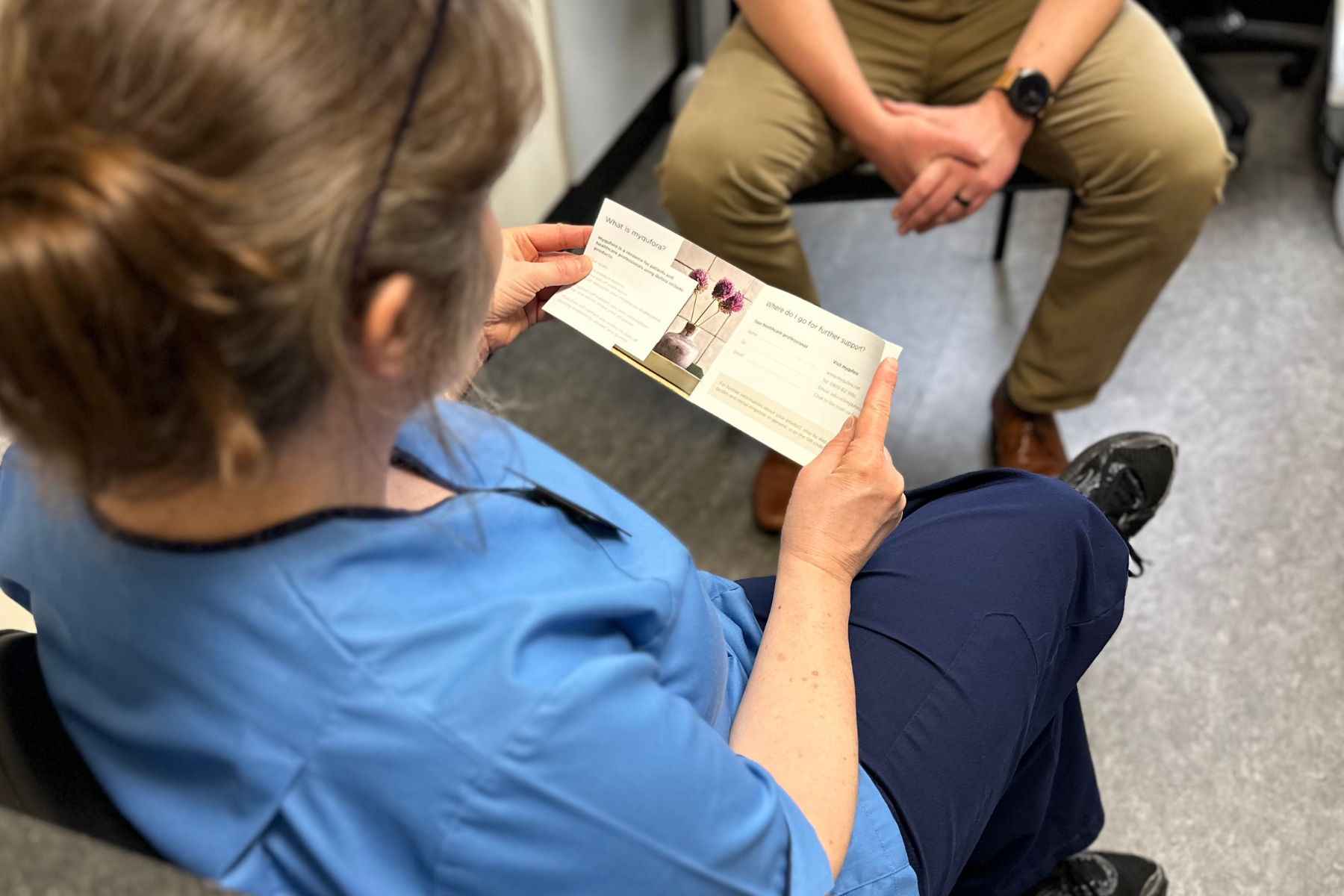Review by Michelle Henderson
Bowel dysfunction is common in patients with multiple sclerosis (MS), between 35-54%1 suffer with chronic constipation and 29-51%2 with faecal incontinence. The Neurogenic Bowel Dysfunction (NBD) score is the most used questionnaire for assessing symptom severity and monitoring response to treatment. However, this was developed for spinal cord injured (SCI) patients and has never been validated in other neurological diseases. This study looks at the relevance of the NBD scores in 135 patients with MS, who attended a tertiary neuro-urology centre in France between 2010- 2021. Results showed that the mean NBD score was 6 and 75% of patients scored <9 (very minor or minor severity). Yet patients with MS rate bowel dysfunction as the third most disabling symptom, after motor disorders and fatigue3. Four out of the 10 questions in the NBD score were found to be inappropriate for patients with MS. This study concludes a specific questionnaire is required for patients with MS in order to optimise bowel management and follow up.
References:
Miget G, Tan E, Pericolini M, Chesnel C, Haddad R, Turmel N, Amarenco G, Hentzen C (2022) The Neurogenic Bowel Dysfunction score (NBD) is not suitable for patients with multiple sclerosis. Spinal Cord; https://doi.org/10.1038/s41393-022-00837-3
1 Preziosi G, Gordon-Dixon A, Emmanuel A. Neurogenic bowel dysfunction in patients with multiple sclerosis: prevalence, impact, and management strategies. Degener Neurol Neuromuscul Dis. 2018;8:79–90.
2 Dibley L, Coggrave M, McClurg D, Woodward S, Norton C. “It’s just horrible”: a qualitative study of patients’ and carers’ experiences of bowel dysfunction in multiple sclerosis. J Neurol. 2017;264:1354–61.
3 Khan F, McPhail T, Brand C, Turner-Stokes L, Kilpatrick T. Multiple sclerosis: disability profile and quality of life in an Australian community cohort. Int J Rehabil Res. 2006;29:87–96.







